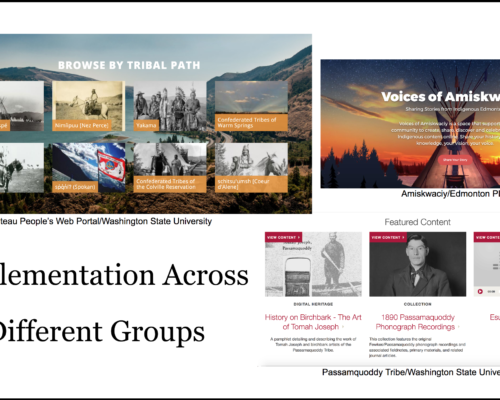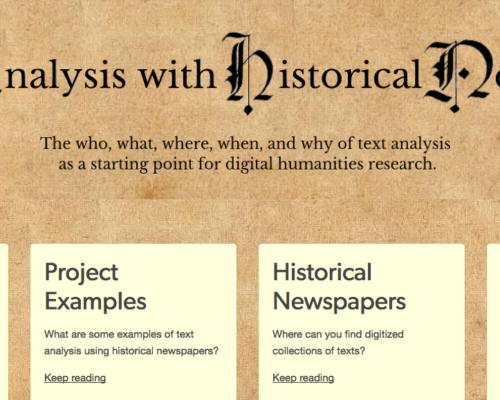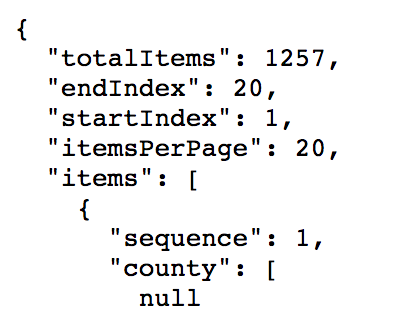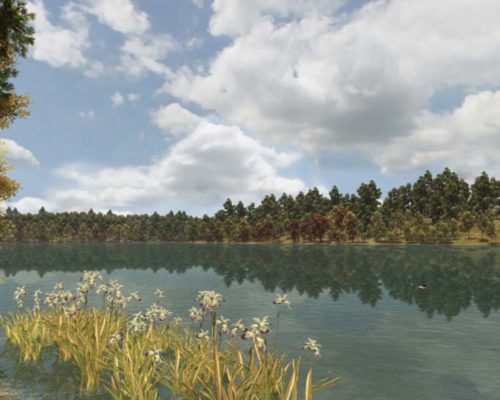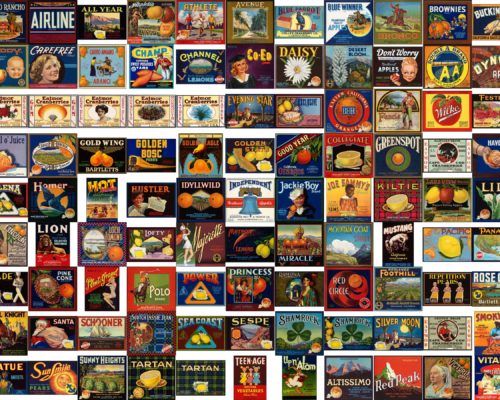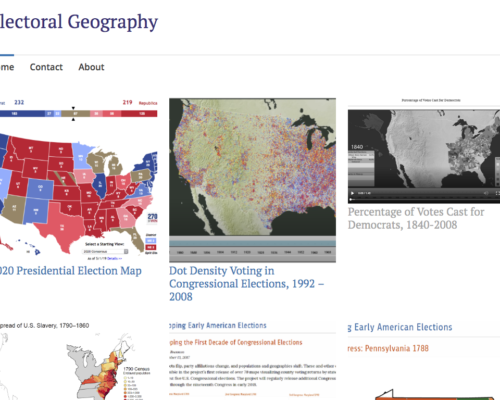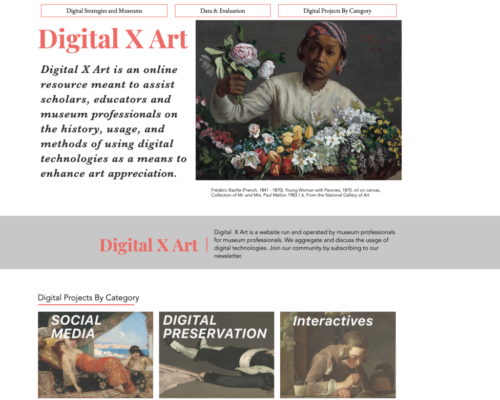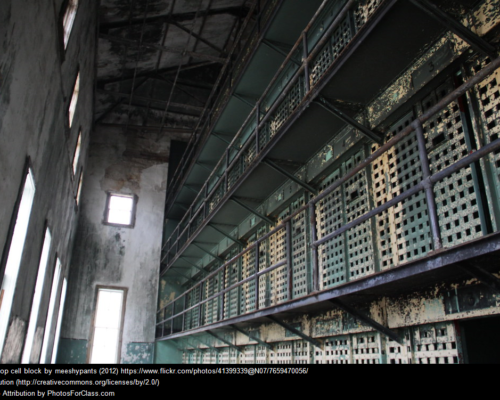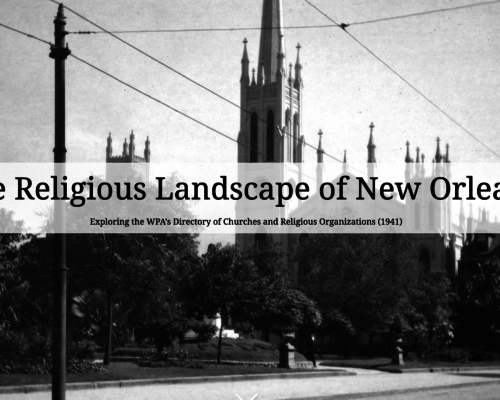Serving as a Digital Humanities resource, the purpose of this WordPress site is to educate and inform a community of practitioners about the content management system Mukurtu. Designed collaboratively by indigenous groups and academic researchers, Mukurtu is a user-centered CMS intended to empower marginalized communities to designate terms of accessibility and reuse for their cultural heritage ephemera. Because Western intellectual…
Category: Student Projects
Text Analysis with Historical Newspapers
As many cultural heritage institutions rush to digitize materials, hoping to fulfill their missions of providing widely, openly accessible collections, one of the odd quandaries researchers face is an overwhelming amount of certain kinds of information. Historical newspapers are top among those materials that have been digitized like mad. It makes sense, of course — these might be fragile items…
Getting Data for Digital Humanities with APIs: A Gentle Introduction
Heard about APIs, but still not really sure what they are or how to use them? This post will take you through: the basics of what an API is when you might want to use one what kinds of institutions or collections might have APIs of potential interest to DH practitioners where to look on these sites for access to…
Designing for Reflection: Walden, a game and the Case for Slow Digital Humanities
While more and more attention is being paid to slow things down—slow food, slow TV, etc.—should we be also creating a “slow digital humanities?” Walden, a game, a video game adaptation of Thoreau’s experiences at Walden Pond, prioritizes slowness, reflection and deliberate action. Exploring how that is manifested in the rules and world of the game will demonstrate ways that slowing down can benefit digital humanities projects.
Analyzing produce crate label images via Python and ImageJ
Over the course of the Spring Semester, our Digital Humanities class analyzed a variety of digital humanities projects from spatial analysis and mapping, to data visualizations, to text analysis methods. I have an art history background and really enjoy visualizations both for their aesthetic value and also for their ability to enhance large data. There are many ways to gather…
Electoral Geography
https://electoralgeography.home.blog/ Electoral Geography is a practice that has been going on since before the digital age. It is the study of mapping elections: the analysis of the behavior, methods, and results of elections using geographical techniques. Though electoral geography has been going on since the dawn of electronics, with the advent of the internet, it has increasingly become a practice…
Digital X Art | A Digital Resource For Museum Professionals
Digital X Art is a Digital Resource for museum professionals. The aim of the site is to create an online resource to assist museum professionals in the usage of digital technologies. The site aims to gather webinars, blog posts, journal and news articles for users to access. The site also has a reading list of essential books to help emerging professionals…
These Songs of Freedom: Digital Humanities and Incarceration
This resource is designed to help researchers and students find information and resources related to digital humanities and incarcerated people Below, you will find a curated catalog of DH projects created for, by, or about the incarcerated population. To view each project, click on it’s title. Discussion Problem Prior to the 1994 Crime Bill, state and federal grants made art…
The Religious Landscape of New Orleans: Exploring the WPA’s Directory of Churches and Religious Organizations (1941)
Introduction Religion has played a prominent role in New Orleans life and culture since its French and Spanish colonial beginnings. Today, the city is home to a wide array of religious denominations including Catholicism, Judaism, and various forms of Protestantism. Each of these groups has a rich and interesting history. These histories, in turn, are interwoven with each other across…
Mapping Relationships in the Mississippi Freedom Struggle
In this project, I attempted to build on a database I made of organizers, organizations, and campaigns that were part of the Mississippi Freedom Struggle. The information in the original database was found Akinyele Umoja’s in We Will Shoot Back, a history focused on the role of armed resistance and armed self-defense in the Mississippi Freedom Struggle.[1] This text is…
